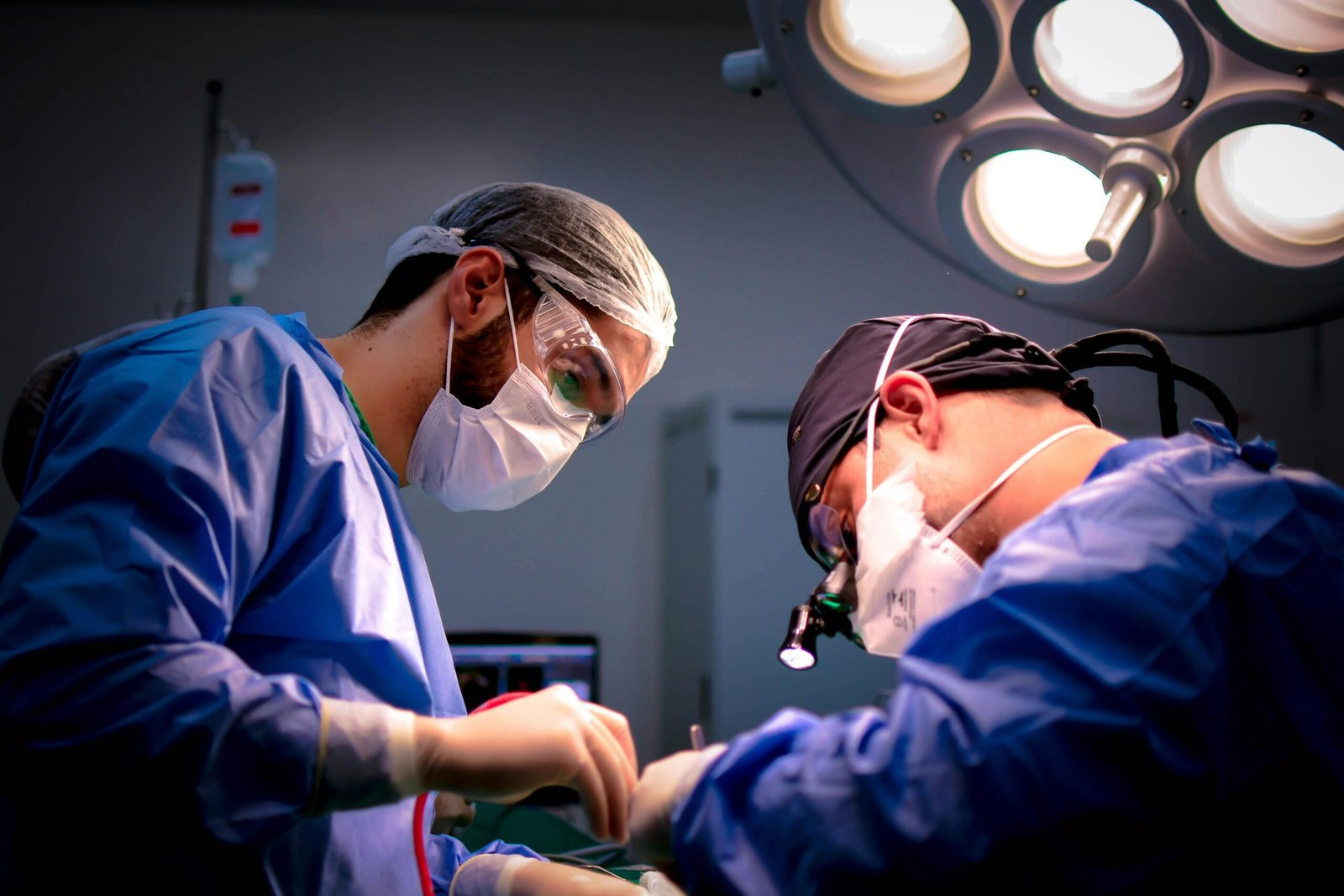Cataracts, a common age-related eye condition, occur when the natural lens of the eye becomes cloudy, leading to blurred or diminished vision. Understanding the different types of cataract surgeries and their benefits is crucial for individuals seeking to restore their visual clarity and improve their quality of life.
Jeevansparsh Hospital, a renowned healthcare institution in India, is committed to providing comprehensive eye care services, including state-of-the-art cataract surgery procedures. With a focus on patient education and personalized care, Jeevansparsh Hospital strives to empower its patients with the knowledge and resources they need to make informed decisions about their eye health.
Contents
Understanding Cataracts
Cataracts are a gradual clouding of the eye’s natural lens, which is responsible for focusing light onto the retina, enabling clear vision. As we age, the proteins in the lens can break down and clump together, leading to the formation of cataracts.
The most common symptoms of cataracts include:
- Blurred or cloudy vision
- Increased sensitivity to glare and bright lights
- Difficulty seeing at night or in low-light conditions
- Double vision in a single eye
- Frequent changes in eyeglass or contact lens prescriptions
If left untreated, cataracts can significantly impair an individual’s ability to perform daily activities, such as reading, driving, and recognizing faces. According to the World Health Organization, cataracts are the leading cause of blindness worldwide, affecting an estimated 65 million people in India alone.
Early detection and treatment of cataracts are crucial, as timely intervention can help preserve and restore vision. Regular eye examinations, especially for individuals over the age of 60, are recommended to identify and manage cataracts effectively.
At Jeevansparsh Hospital, the team of experienced ophthalmologists is dedicated to providing personalized care and guiding patients through the various cataract surgery options available. By staying at the forefront of advancements in eye care, Jeevansparsh Hospital ensures that its patients receive the most appropriate and effective treatment for their individual needs.
Phacoemulsification: The Gold Standard in Cataract Surgery
Phacoemulsification is the most commonly performed cataract surgery procedure worldwide, and for good reason. This advanced technique has revolutionized the way cataracts are treated, offering patients a safe and effective solution to restore their vision.
The Process of Phacoemulsification
During a phacoemulsification procedure, the surgeon makes a small incision in the eye and uses a specialized ultrasonic device to break up the clouded lens into tiny fragments. These fragments are then gently suctioned out, and an artificial intraocular lens (IOL) is implanted to replace the original lens.
Benefits of Phacoemulsification
- Minimally Invasive: The small incision required for phacoemulsification results in faster healing, reduced risk of complications, and minimal discomfort for the patient.
- Faster Visual Recovery: Patients often experience improved vision within a few days after the procedure, allowing them to return to their daily activities more quickly.
- Improved Outcomes: Phacoemulsification has a high success rate, with over 95% of patients reporting improved vision after the surgery.
- Reduced Astigmatism: The precision of phacoemulsification allows for better control over the placement of the IOL, often reducing or eliminating pre-existing astigmatism.
Femtosecond Laser-Assisted Cataract Surgery (FLACS)
Another advanced cataract surgery option available at Jeevansparsh Hospital is Femtosecond Laser-Assisted Cataract Surgery (FLACS). This technique uses a specialized femtosecond laser to perform key steps of the cataract removal process, including the creation of the corneal incision and the fragmentation of the cataract.
Benefits of FLACS
- Increased Precision: The femtosecond laser allows for a higher degree of accuracy and predictability in the surgical process, leading to improved outcomes.
- Reduced Complications: FLACS has been shown to reduce the risk of certain complications compared to traditional phacoemulsification.
- Customized Treatments: The laser-assisted technology enables the surgeon to tailor the procedure to the individual patient’s needs, optimizing the visual outcome.
Extracapsular Cataract Extraction (ECCE)
While phacoemulsification and FLACS are the most advanced cataract surgery techniques, Extracapsular Cataract Extraction (ECCE) is another option that may be suitable for certain patients. In this procedure, the surgeon removes the entire clouded lens through a larger incision, leaving the posterior capsule intact.
Benefits of ECCE
- Suitable for Advanced Cataracts: ECCE may be the preferred choice for patients with very advanced or dense cataracts that are not suitable for phacoemulsification.
- Proven Effectiveness: ECCE has been performed for decades and has a well-established track record of safety and efficacy.
At Jeevansparsh Hospital, our team of experienced ophthalmologists is dedicated to providing personalized care and guiding patients through the most appropriate cataract surgery option for their individual needs. With a focus on patient education and the latest advancements in eye care, we are committed to helping our patients regain their visual clarity and improve their quality of life.
Choosing the Right Cataract Surgery for You

At Jeevansparsh Hospital, we understand that selecting the appropriate cataract surgery can be a daunting task. Our team of experienced ophthalmologists is dedicated to guiding you through the process, ensuring you make an informed decision that aligns with your unique needs and preferences.
Factors to Consider
When choosing cataract surgery, several key factors should be taken into account:
- Severity of Cataract: The extent of cataract development can influence the most suitable surgical approach. For advanced or dense cataracts, a procedure like Extracapsular Cataract Extraction (ECCE) may be the preferred option.
- Desired Visual Outcome: Your personal visual goals, such as reducing astigmatism or achieving greater independence from corrective lenses, can help determine the best surgical technique.
- Overall Eye Health: Your ophthalmologist will assess the overall health of your eyes, including any pre-existing conditions, to recommend the most appropriate cataract surgery.
- Recovery Time: Some procedures, like Phacoemulsification and Femtosecond Laser-Assisted Cataract Surgery (FLACS), offer faster visual recovery compared to traditional ECCE.
Personalized Guidance at Jeevansparsh Hospital
At Jeevansparsh Hospital, our team of ophthalmologists takes the time to understand your unique needs and concerns. We will thoroughly examine your eyes, discuss the available cataract surgery options, and help you make an informed decision that aligns with your visual goals and overall health.
Our commitment to patient education ensures that you are empowered with the knowledge to make the best choice for your eye care. We will guide you through the entire process, from the initial consultation to the post-operative care, to ensure a seamless and successful cataract treatment experience.
Conclusion
Regaining a clear vision and improving your quality of life are our top priorities at Jeevansparsh Hospital. By understanding the different cataract surgery options and working closely with our experienced team, you can take the first step toward reclaiming your visual freedom.
We encourage you to schedule an appointment with us today to explore the best cataract treatment plan for your individual needs. Together, we’ll help you see the world with renewed clarity and confidence.


